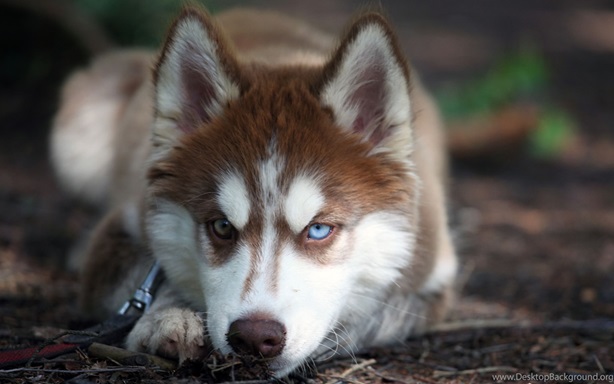Age-wise Food And Care For Siberian Huskies
The food habits of Siberian Huskies are different than most medium and large breeds. Belonging to regions where scarcity of food was common, Huskies do not have a heavy appetite. They are also not picky eaters and will not eat if they are not hungry. Your Husky is likely to not eat food if it is not hungry, even if you leave it open in front of it. This makes it easy for Husky parents to train and feed their pets.
However, it is important to give your Siberian Husky a balanced and nutritional diet rich in proteins, fats, amino acids, carbohydrates, vitamins, minerals, and water.

Moreover, keep in mind that a Husky will eat more if exercised more. If you are indulging your pet in physical activities, make sure it eats enough to sustain itself and lead a healthy life. The frequency at which you feed your Siberian Husky also plays an important role in its food and care routine. Here is a feeding routine you should follow at different ages of your Husky’s life:
Below 2 Months
Very young Husky puppies need not be given a structured diet. You can free-feed your puppy at this age, leaving food at its disposal throughout the day. You can rest assured that your Husky puppy will not eat more than what is necessary for its growth.
Between 2 And 6 Months
As your Siberian Husky grows older, you can restrict its feeding routine to three meals a day. Make sure you give enough kibble to your pet. Most Huskies will stop eating on their own once they are full. They are not fussy about eating at all.
Above 6 Months
Once your Siberian Husky starts turning into an adult, it will automatically reduce its diet to two meals per day. You can always give it treats and snacks in between to keep it full throughout the day.